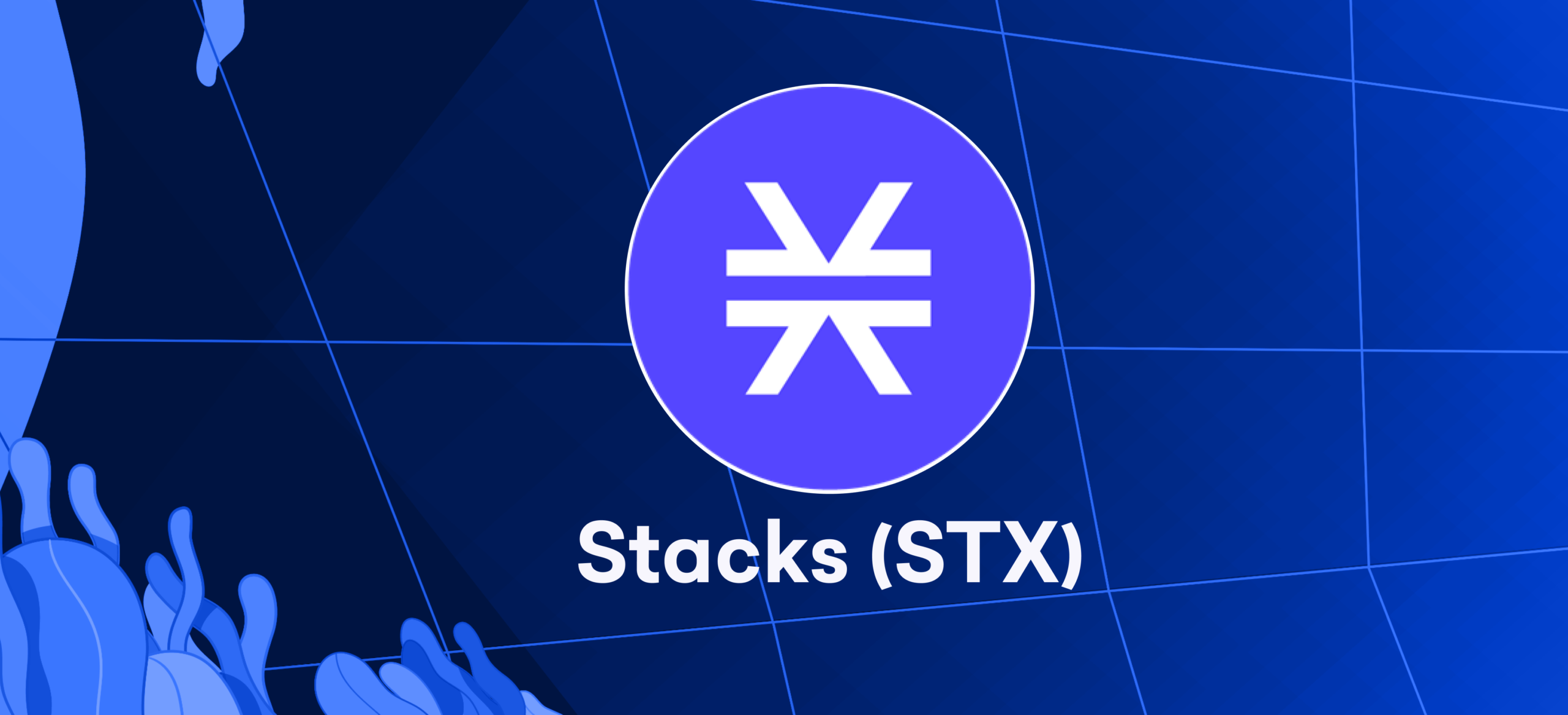
Cryptocurrency mining has become attractive for many individuals seeking to earn crypto assets. However, the traditional mining method, which involves setting up and maintaining expensive mining rigs, may not be feasible for everyone. This is where cloud mining comes in, allowing individuals to participate in mining without the need to manage hardware themselves.
What Is Cloud Mining?
Cloud mining allows individuals to mine cryptocurrencies like Bitcoin without owning or operating mining hardware. Instead, users can rent mining capacities from a cloud mining company. When the rented mining hardware successfully mines a block, the rewards are distributed among the users and the company.
Methods of Crypto Mining
Before diving into cloud mining, it’s essential to understand the various crypto-mining methods:
- Solo Mining: Miners independently perform mining operations, requiring significant upfront investment in hardware. However, solo mining has become less feasible due to increased mining difficulty.
- Mining Pools: Individual miners combine computational power to increase their chances of successfully mining a block. Rewards are divided based on the contributed computational power.
- ASIC Mining: Application-Specific Integrated Circuit systems designed for mining specific cryptocurrencies, highly efficient but expensive.
- GPU/CPU Mining: Using regular CPU or GPU to mine certain cryptocurrencies, which may still be viable for some lesser-known coins.
How Does Cloud Mining Work?
Cloud mining involves several steps:
- Choose a reputable cloud mining company by conducting thorough research to avoid scams.
- Select a mining package based on the desired computing power and rental duration.
- Choose a mining pool if offered by the cloud mining company.
- Pay for the service using cryptocurrency or fiat currency, depending on the platform.
- Start mining as the cloud mining service sets up and manages the hardware.
- Receive mining rewards, which are shared among users based on their rented processing power.
Useful Metrics in Cloud Mining
Understanding these metrics can help assess the profitability and feasibility of cloud mining:
- Hash Rate: Measures the number of calculations a miner can perform per second.
- Energy Consumption: The amount of energy consumed by the mining setup, which affects the overall cost.
- Cost per Hash: The cost of the cloud mining contract divided by the total hash power useful for comparing different contracts.
- Mining Difficulty: Determines the complexity of finding the next block in the blockchain.
- Block Reward: The cryptocurrency received for successfully mining a new block.
- Price of Cryptocurrency: The current market value of the mined cryptocurrency.
- Pool Fees: Fees associated with participating in a mining pool via the cloud mining contract.
Advantages of Cloud Mining
Cloud mining offers several benefits for those interested in crypto mining:
- No Technical Knowledge Required: Users don’t need expertise in hardware management or maintenance.
- No Upfront Hardware Costs: Avoid expensive investments in mining equipment.
- No Heat or Noise: Hardware is located in data centers, eliminating heat and noise issues.
- Provides a Passive Income: Users earn rewards without active involvement.
Risks of Cloud Mining
While cloud mining has advantages, it also comes with potential risks:
- Scams and Fraud: The cloud mining space has seen fraudulent operations, necessitating thorough research on the chosen company.
- Potential for Lower Profits: Costs passed onto customers may result in lower profits compared to owning mining hardware or buying the cryptocurrency directly.
- Lack of Control: Users relinquish control over the mining process to the cloud mining company.
- Potential for Lower Transparency: Some companies may not be fully transparent about fees and operations.
- Market Volatility: The value of the mined cryptocurrency can fluctuate significantly.
- Regulatory Risks: Cryptocurrency regulations vary by jurisdiction, requiring compliance with local laws.
Closing Thoughts
Before investing in cloud mining, research, and due diligence are crucial. Look for established companies with a reliable reputation. Understand the pricing structure, fees, and other costs associated with the cloud mining contract. Consider cloud mining as part of a diversified investment strategy rather than relying solely on it for income or returns. By making informed decisions, you can potentially earn cryptocurrency without the hassle of managing mining hardware.








